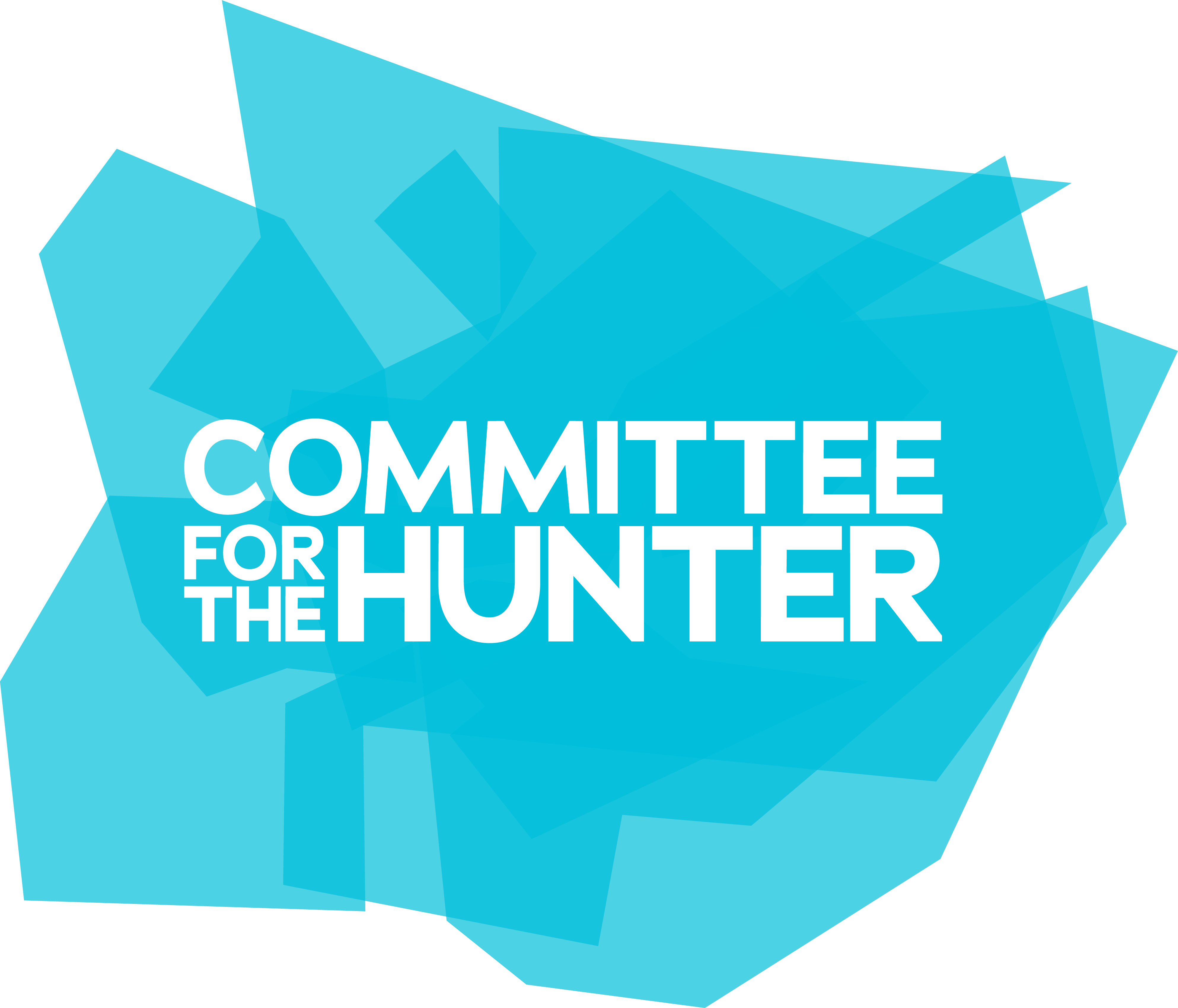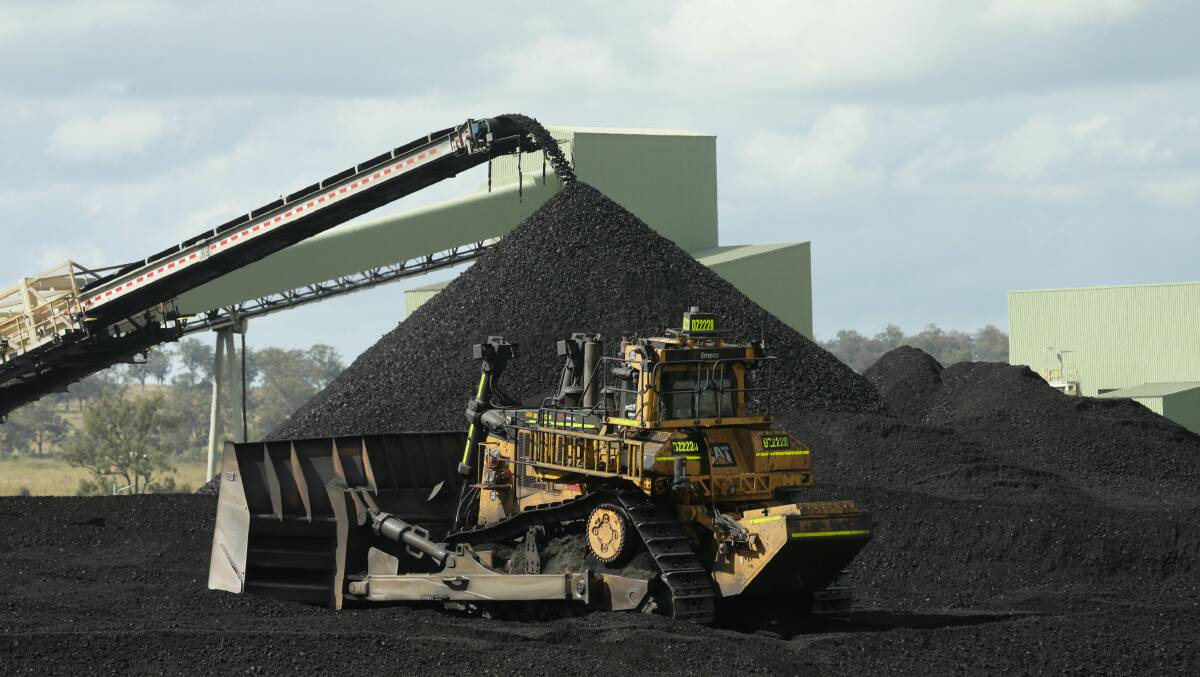High-profile economist Sarah Hunter says the Hunter should be “relatively optimistic” about transitioning from coal to clean energy but the next federal government must take the lead on coordinating the shift.
Dr Hunter, a KPMG partner and regular commentator in the national media, told the audience at a Committee for the Hunter pre-election lunch in Newcastle on Wednesday that Australia was well placed to take advantage of the global shift to renewables.
“We do have the capital to mobilise to invest where we need to to make it happen,” she said. “We do have an education system that can help educate our children in the skills they need in a new economy and can retrain those that need to retrain.”
Dr Hunter, who has an undergraduate degree in economics from Cambridge and a PhD from Oxford, said the next government must play a central role in guiding coal-reliant economies like the Hunter.
“We have a lot of the ingredients to be successful in this transition, but it does require coordination, and coordination is done best by government. I would very much like the state and federal government to work together on this to lay out what the vision is, to make some big decisions now … so you guys know what you’re dealing with.”
Dr Hunter’s views dovetail with lobbying by the Committee for the Hunter and other regional business and political groups which have been calling for a well funded Hunter transition authority to guide workers and businesses through the change.
She said the region needed clear government guidance on the types of power generation which would replace coal and how the distribution network would change.
“Hydrogen is a good example. If we’re going to go down that route, we need to start investing in that capacity now. We need to start building the linkages with the importers.”
The pre-election budget committed $100 million for Port of Newcastle infrastructure to prepare for large-scale hydrogen exports.
“If you look at the reverse process Europe is trying to go through with Russia and natural gas … one of the challenges is they can get supply from elsewhere but they can’t use it because their infrastructure doesn’t work with it,” Dr Hunter said.
“Not all gas is created equal. It’s similar for hydrogen, so that coordination piece is what’s needed from government.”
Dr Hunter laid out the economic “headwinds” which would face the incoming government, including the threat of a recession next year amid rising interest rates to combat high inflation, though she said Australia was better placed to avoid such a scenario than many other developed countries.
Business confidence is up and unemployment down, but Dr Hunter said consumer confidence had fallen as interest rates rose, wages failed to keep up with inflation and cost-of-living pressures started to “squeeze”.
“Spoiler alert: it’s not going to stay as good as it is now,” she said.
“Whoever wins on Saturday, they’re going to have to deal with an increasingly challenging environment. The timing is just cracking because it will start to bite very, very soon.”
She tipped construction and business investment to slow, as would trade with China as the full effect of the country’s strict COVID lockdowns became evident.
She lamented a sharp decline in education standards in Australia over the past 20 years compared with other nations and called for the “easy win” of more skilled migration.

